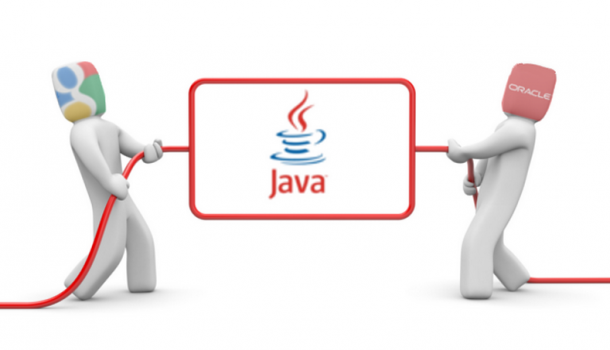The game of “Spoting the Difference” starts again!
Google’s ICP license renewed. See the captured today’s Google.cn web page below (left), and compare it with the page in last week (right).
Google.cn on 9 July 2010:
 |
Google.cn on 4 July 2010:
 |
Exactly as what I predicted few days ago, Google is trying to make Google.cn being a non-search engine website. It now places “Music”, “Translation” and “Shopping” at the web page. These are what Google wishes to keep on running in China. While the search engine service of Google.cn is replaced by a link to google.com.hk. Legally speaking, Google.cn is not providing search engine service currently. It is merely a link to another website. Just like the links added in any of our own web posts.
Interestingly, please pay attention to those minor changes. It seems Google’s lawyers are demonstrating their legal skills. For example, in the 4 July version, it says “we have moved to (我们已经移至) google.com.hk”, while in current page, “we have moved to” has been moved. Why? I assume the reason might be: The sentence “WE have moved to” acknowledged that the one who runs “google.com.hk” is identically the same one who runs “google.cn”. In that circumstance, Google.cn would still be critisized by Chinee authority on providing searching results including “illegal” materials. Without such sentence, when it is accused by the government, Google China may say that it is an independent legal entity who is distinctive from the operator of google.com.hk.
Besides the censorship topic. Let’s discuss something about intellectual property law (this might be more interesting): Is there any difference between providing a link to a search engine and providing a search engine service per se?
Yes, of course.
When you place a link to a web page. You will not be a service provider, therefore you will not be liable for the copyright/trademark infringement even when the linked page is full of infringing materials. If a right owner wants your money, he/she at least has to send you a notice saying “hey! The web page you are linking is full of my proprietary stuff. Please move that hyperlink!” After you recieved such letter, in China, you may have to remove the link if there is really infringing contents at the web page you are linking to. However, now in the Google’s circumstance, this will no be a problem because google.cn is linking to google.com.hk, which is owned by google.cn’s parent company.
In short, by replacing search box with a hyperlink to google.com.hk, Google.cn may escape from being accused for vicarious liability, which is by far a “killing application” of the intellectual property holders in this era of the Cambrian explosion of the Internet.

